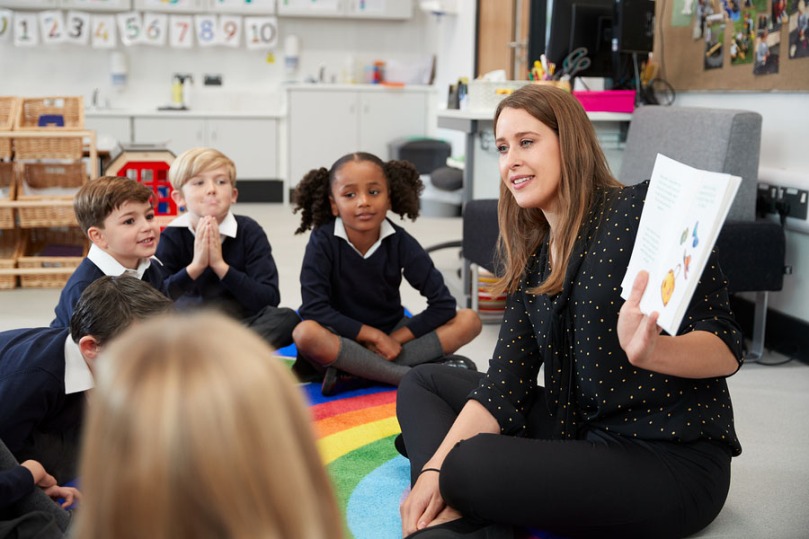
Daycare may be the first experience with school, but education begins at birth. Children begin life with no inherent knowledge of the world, and parents are the first source of information they have. In order for your child to develop into a competent individual, it is important that you take an early interest in her success.
- Learning Begins At Home
Parents spend a lot more time with their children than their Montessori daycare teachers. This makes it very important that parents take an active role in assisting their kids on the path to success. One important way you can do this is by creating a prepared environment in your home that is designed expressly for the child. The parental role extends much further than this, but a prepared environment is an excellent place to begin.
- Inclusion is Important
It is important that kids are given the opportunity to become big helpers as soon as they are old enough to do so. Simple chores like helping feed the family pet, setting the table or picking up after themselves help instill children with a sense of inclusion, and that builds their self-confidence. Inclusion leads to higher self-esteem, and that can-do attitude helps them in all aspects of early development.
- Routines Build Self-Esteem
Simple routines do not have to include household chores. Setting out their daily wardrobe and brushing their teeth are personal routines that build self-esteem as well. Furthermore, setting up routines conforms to a child’s need for order and consistency in their lives.
- Sleep Schedules
Maria Montessori recognized that a regular sleep schedule is vital to early childhood development. In addition to the comfort of a set schedule, getting plenty of rest boosts children’s ability to concentrate, helps them retain what they learn during the day, and reduces unwanted behavior in school and at home.
- Talk It Out
Children are small versions of adults and have the same desire to be accepted as anyone else. By talking to children about their day and helping them express things that excite or disturb them, you give them a sense of being a member of the group. Observing how children respond to stimuli is a cornerstone of the Montessori Method, often leading to new insights concerning your child’s development.
You are the most important role model your daycare children will ever have. When you show an interest in helping her succeed, you are also demonstrating to her that she is important to you. The more you help her develop and learn, the faster she will develop the skills necessary to take on leadership roles as she progresses.


